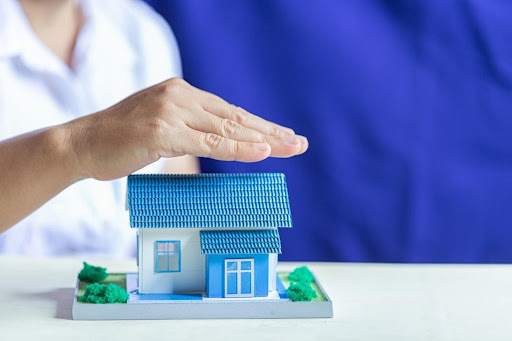
Strata is becoming the standard of property ownership throughout Australia. More people are purchasing lots within strata schemes, leading to the increasing creation of communities.
One of the requirements for operating a strata scheme is insurance. The Australian Government has made this a mandatory obligation. A strata needs to be insured to protect all individuals and assets contained within it, including the building and shared property. Additionally, whatever policy the owners’ corporation selects must be sufficient to cover every eventuality.
Despite the advantages of having insurance, prevention of damage is always better than having to fix it. Therefore, it is crucial to understand where the most common vulnerabilities lie within a strata scheme. These ‘weak points’ demonstrate those occurrences that are most likely to result in filing an insurance claim. With knowledge of where to look, you will also get tips on how to avoid such instances.
Weather and other natural phenomena
Australia largely enjoys excellent weather throughout the year. However, it does not mean that there aren’t times when Mother Nature herself seems to be on the warpath, and she is particularly destructive. As a result, there is a fair number of weather events that cause property damage. According to data from CHU, a leading specialist in strata insurance, about 25% of all claims filed annually are based on the weather.
To avoid needing to claim insurance after a storm has passed, you must be diligent about ensuring your building is well prepared. First, take measures to avoid flooding, like clearing out drains and gutters. Additionally, eliminate vegetation that is likely to become hazardous debris – tree branches, for example.
Fire
Fire can be devastatingly destructive. Once one starts, the fire can spread very quickly if you don’t take the proper measures to extinguish it. For this reason, you must ensure all published fire safety requirements are met. So your equipment must be well-fitted and adequately maintained, hazards like electrical wiring and sockets must be in good condition, and residents made aware of fire safety procedures.
Water
Like fire, water damage is a major concern for all homeowners. It can result from pipe leaks and bursts, compromised roofing or water overflows. While detecting the source of a leak is not always easy, technological advancements make the search less destructive.
Vandalism and theft
Public access to common property like the gym, gardens and barbecue areas leaves any items or equipment placed or stored in those areas vulnerable to malicious vandals or wily thieves. And it does not stop there; a more determined burglar may also opt to force their way into a building, thus causing damage. All these instances can result in your needing to file a claim afterwards.
To certify the safety and security of your residents and property:
-
Install a security system like smart locks, alarms and security cameras, especially around entranceways.
-
Get to know your residents and use that familiarity to remain aware of strangers.
-
Ensure that everyone remains aware and avoids leaving doors propped open.
-
Close all doors completely before walking away from them- including the garage.
Legal
You cannot always predict what is going to happen. However, an incident can have a significant impact while leaving you exposed to legal liability. Moreover, this eventuality can be financially jarring. So the best way to avoid landing in legal hot water is to maintain vigilance. Such caution entails detecting, noting and minimising risk factors and safety hazards.
Finally, consult with your strata manager about your strata’s needs and insurance status. As the primary administrator, they are a valuable resource in helping you keep the strata as it should be.
You may be interested in: What to do after a fire in your home

